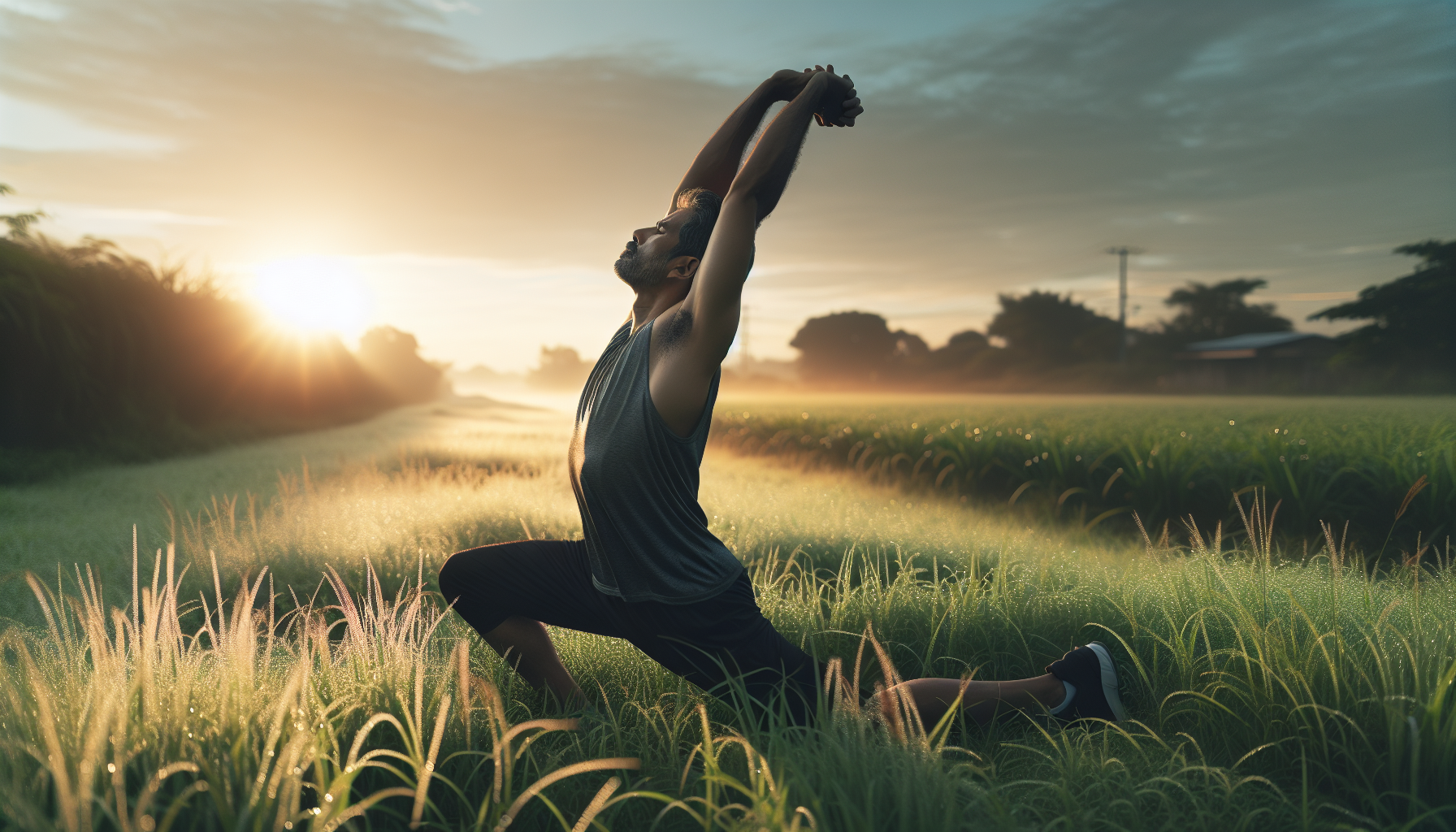Deciding on the ideal time for exercise can be as crucial as the workout itself. Understanding your body’s internal clock and how it relates to exercise can make a significant difference in performance, endurance, and even the enjoyment of your fitness routine. Whether you’re a morning jogger, a lunchtime lifter, or an evening yoga enthusiast, aligning your workouts with the right time of day can enhance your health and well-being.
Morning Workouts: Kickstart Your Metabolism
For many, starting the day with a workout means setting a positive and energetic tone for the hours ahead. Exercising in the morning can help wake up your body, boost your metabolism, and improve your mood by releasing endorphins. An added bonus is the sense of accomplishment that comes with completing your fitness routine early, freeing up the rest of your day.
Moreover, morning workouts can be linked with better fitness consistency. A study by the American Council on Exercise found that individuals who exercise in the morning are more likely to stick to their routines. But that’s not all; morning exercise has been shown to have a positive impact on brain health, potentially improving cognitive function and memory throughout the day.
Afternoon Exercise: Peak Performance Potential
If you’re aiming for performance, the afternoon might be your sweet spot for workouts. Body temperature typically increases throughout the day, enhancing muscle function and strength, enzyme activity, and endurance. This can translate to more effective sessions, whether you’re lifting weights or running sprints.
Studies suggest that the optimal time for physical performance may be in the late afternoon when body temperature peaks. The likelihood of injuries also decreases as muscles are warmer and more flexible. For those focused on achieving personal bests or competing, timing workouts during this window could be advantageous.
Evening Training: Unwind and Enhance Sleep
Contrary to popular belief, exercising in the evening does not necessarily disrupt sleep patterns. In fact, for some, it can be a great way to decompress after a long day. Evening workouts might help you manage stress and anxiety, ultimately leading to better sleep quality, especially if you prefer low-impact activities such as yoga or stretching.
However, it’s important to avoid high-intensity exercises too close to bedtime, as they can increase heart rate and stimulate the release of endorphins, making it harder to fall asleep.
Flexibility and Personal Preference
While science can provide guidelines, personal preference and lifestyle are significant factors when scheduling workouts. The best time to exercise is when it fits into your life consistently. Whether due to work, family commitments, or energy levels, the most effective workout time is the one that you can maintain regularly.
The Role of Circadian Rhythms
Your circadian rhythm, or internal clock, regulates many aspects of your health, including sleep-wake cycles, metabolism, and hormone release. Aligning your workout schedule with your circadian rhythm can enhance performance and recovery. For instance, testosterone levels — important for muscle growth and strength — peak in the late afternoon, making it an ideal time for resistance training.
Nutritional Considerations
When you exercise can also influence what and when you should eat. Pre- and post-workout nutrition is essential for fueling your sessions and recovery. Morning exercisers might need to focus on a light breakfast or a pre-workout supplement to provide energy without causing discomfort. In contrast, afternoon or evening athletes may need to manage their meals and macronutrient intake to ensure they have the necessary fuel for their workouts.
For more on this, explore the concept of nutritional timing for optimal workout results, which can offer insights into how to plan your meals around your fitness routine.
External Resources for Further Reading
For those interested in diving deeper into the science of workout timing and performance, several niche resources can offer valuable information:
- The National Institute for Fitness and Sport provides a comprehensive guide to workout timing and its effects on performance.
- The Journal of Sports Science & Medicine has a collection of studies that explore various aspects of exercise science, including the impact of time of day on physical activity.
- The Sleep Foundation offers insights into how exercise affects sleep, which can help in understanding the best time to workout for optimal rest.
Conclusion
In conclusion, there’s no one-size-fits-all answer to the best time for a workout. It’s about finding a balance between scientific insights and your personal circumstances. Whether you’re invigorated by a sunrise run or you thrive on the energy of a late-day gym session, the most important factor is consistency. By tuning into your body’s signals and considering the role of nutrition, you can maximize your fitness outcomes.
Remember to factor in recovery as part of your routine. For guidance on incorporating recovery into your fitness plan, consider reading about essential recovery techniques for endurance athletes.
And if you’re interested in integrating strength training into your regimen, don’t miss the insights on the benefits of strength training for women.
No matter when you choose to work out, remember that the key is to get moving and stay active. By doing so, you will reap the multitude of benefits that exercise has to offer for your overall health and well-being.



